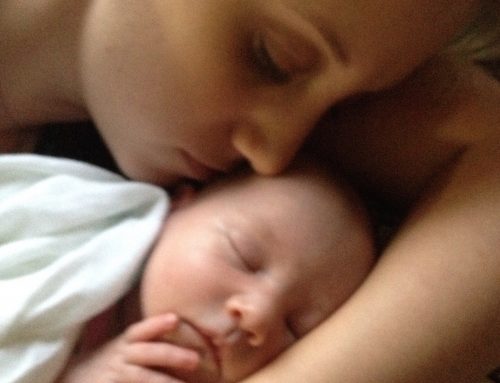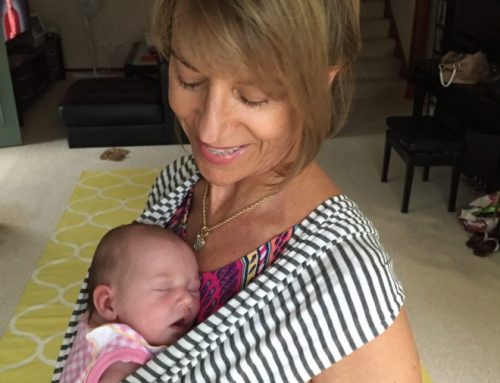What would you say to people who regret some decisions they made with babies in years gone past? There is so much emphasis in getting these early years of parenting right. Is the ‘1000 days ‘ theory of any merit? We all learn so much through this parenting game, it’s easy to find oneself looking backwards and saying ‘ I wish I could have my time again.'”
There is no doubt that the brain development that occurs in the early years, (say a 1000 days if you like) lays down our sense of security, the inner beliefs about our self, and our relationship with the world.
But there a few mitigating factors that need to be considered before we beat ourselves up about our shortcomings too much.
First,
Second,
Similarly ‘control crying’ in an abusive family would likely be a emotional disaster, but within a loving family its impact over time is likely to be minimal. Two important factors would have to be the intensity with which it is implemented and at what age. A couple of occasions of a few minutes delay in responding in a one year old is likely to be less harmful than the need to have successive screaming episodes lasting hours, over a number of months, in the pre-six month infant.
Babies also have many subtly differing relationships within their family. They may be more securely attached to their mother or grandfather and perhaps a little anxiously or ambivalently attached to father or an aunt. This whole interlocking patina of relationships makes us who we are and creates our personality, motivations and destiny.
Just be the best parents we can be, at the time. And remember, they chose us!










Leave A Comment
You must be logged in to post a comment.